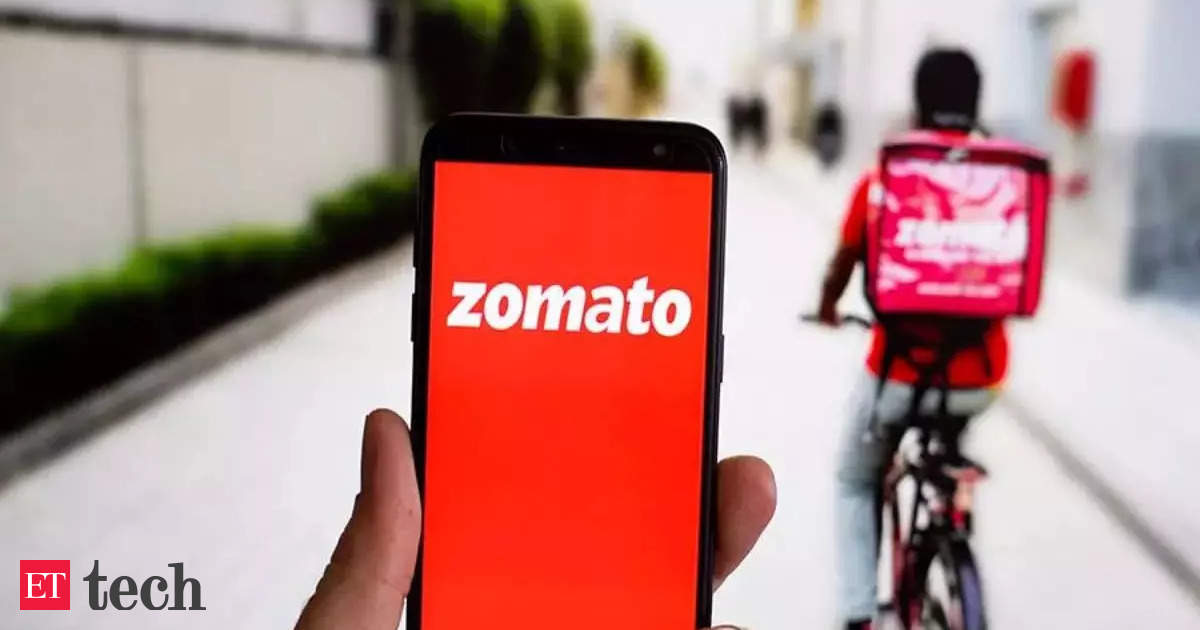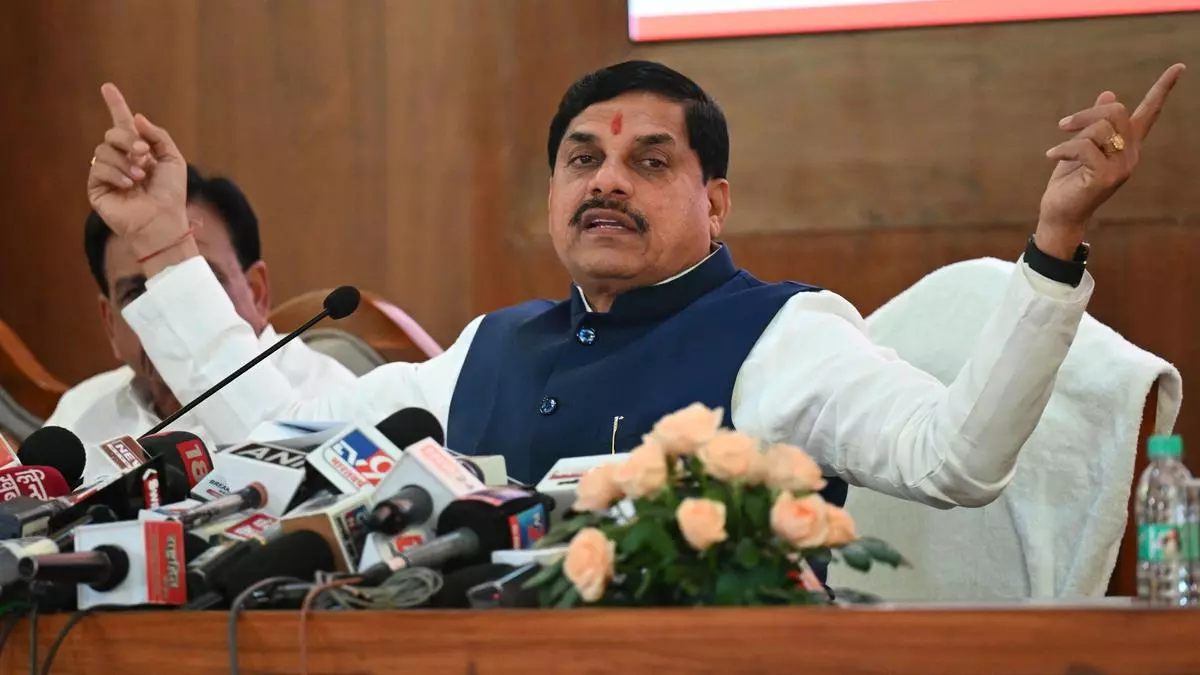Zomato, the leading online food delivery platform, has been issued a tax demand notice of Rs 11.82 crore by the authorities. The notice is related to the payment of Goods and Services Tax (GST) for the period of July 2017 to September 2019. Zomato has clarified that it has already made the necessary tax payments during the specified period and will be engaging in discussions with the concerned authorities to resolve the issue. This tax demand notice adds to the challenges faced by Zomato and other companies in the food delivery industry, which have been adversely impacted by the COVID-19 pandemic.
Zomato has stated that it will be contesting the tax demand notice and providing all the required documentation to support its claim of having paid the appropriate taxes. The company has emphasized its commitment to complying with all applicable tax regulations and ensuring transparency in its operations. Zomato is known for its extensive network of delivery partners and its user-friendly app that allows customers to order food from a wide range of restaurants.
The food delivery industry has witnessed significant growth in recent years, driven by the increasing popularity of online platforms. However, the COVID-19 pandemic has severely affected the industry, with restaurants temporarily shutting down and people avoiding ordering food from outside. This has resulted in a decline in revenue for food delivery platforms like Zomato. The tax demand notice will further impact the financial position of Zomato, which has been striving to recover from the economic slowdown caused by the pandemic.
Zomato has been taking several measures to adapt to the changing business landscape. It has expanded its services to include grocery deliveries and launched a contactless dining feature to ensure customer safety. Additionally, the company has undertaken cost-cutting measures and laid off employees to reduce expenses.
The tax demand notice comes at a time when Zomato is also preparing for its much-anticipated initial public offering (IPO). The company is reportedly aiming to raise around $1 billion through the IPO, which would be one of the largest in the Indian startup ecosystem. The tax dispute could potentially affect investor sentiment and valuation of the company.
Zomato’s response to the tax demand notice and its subsequent discussions with the authorities will be crucial in resolving the issue. The outcome of these discussions will have significant implications for not just Zomato but also for other players in the food delivery industry who may face similar tax demands. As the situation unfolds, it remains to be seen how Zomato navigates these challenges and continues to serve its customers amidst the changing dynamics of the food delivery sector.










